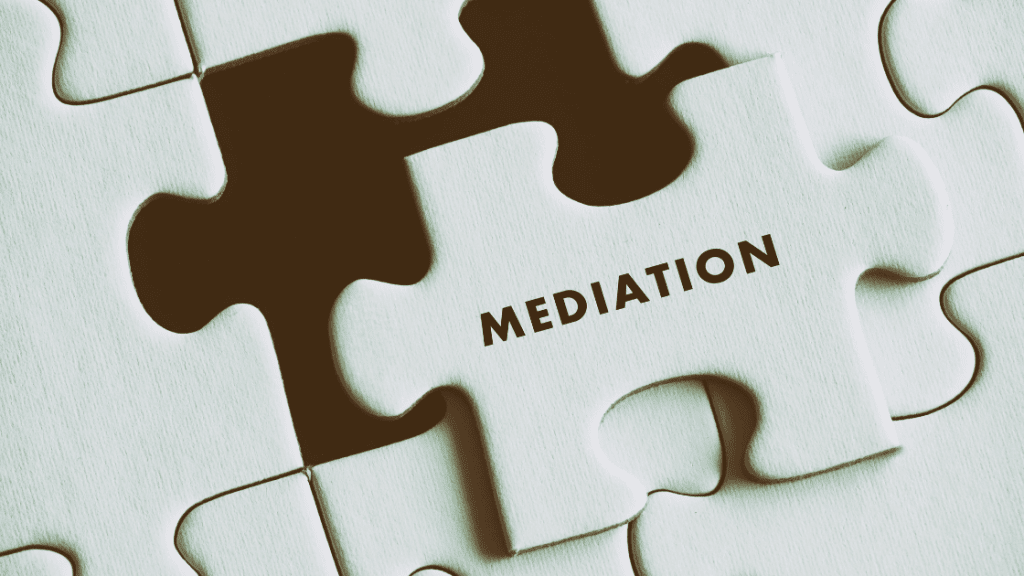 Mediation is a great vehicle to resolve your dispute respectively, peacefully and privately.
Mediation is a great vehicle to resolve your dispute respectively, peacefully and privately.
There are many benefits of mediation including:
- It can save you time and money,
- Allows you to develop your own solutions and agreements,
- Allows you to have your say, listen to the other parties’ point of view and weigh up options,
- Provides a blue-print for resolving any potential future family law issues,
- Allows more options for resolving disputes,
- It is confidential.
However, with the wrong approach to mediation you can inadvertently make the process more stressful and harder on yourself than it ought to be, whilst also jeopardising a fair and amicable outcome.
Here is our top ‘What Not To Do’ list in mediation to make sure you approach the process that gives you the best chance of reaching a fair agreement.
Not Prepare
As the saying goes; “By failing to prepare, you are preparing to fail”. For mediation to be effective, you need to prepare and understand what your aims for the mediation are. Make a priority list of what you want to achieve from mediation. This will help you be clear on your objectives and help you work out what outcomes you can live with and what outcomes you cannot.
Not Listen
Listening in mediation is really the cornerstone of the process. It is important that you focus on the problem being discussed rather than person associated with it.
Sweat The Small Stuff
It is important to not get caught up and “sweat the small stuff”, instead stay focused on the big picture and what your priorities are, so be sure to pick your battles. If you get caught up disagreeing on the smaller particulars you may derail your big picture outcomes.
Related Article: Financial Do’s And Don’ts During Divorce
Be Unrealistic
Once you have obtained legal consult about the family law process and completely understand the best and worst case scenarios; be sure your expectations line up with the legal advice you have received. If you have unrealistic expectation you are unlikely to resolve your family dispute at mediation.
Be Emotional
Unfortunately, when emotions are not in check, seemingly insignificant issues can furiously derail an otherwise successful mediation. It’s important to think of what you want for your future and not get caught up in the present, igniting battles that won’t help your future self and more importantly even penalising your future.
If you are wanting to resolve a family law dispute or interested in understanding how the mediation process can help you, contact us today.
Note: This is general information advice only and does not constitute specific legal advice. If you would like further information in relation to this matter or other legal matters, please contact us on 03 9620 0088 or email info@resolveconflict.com.au


